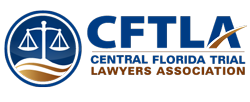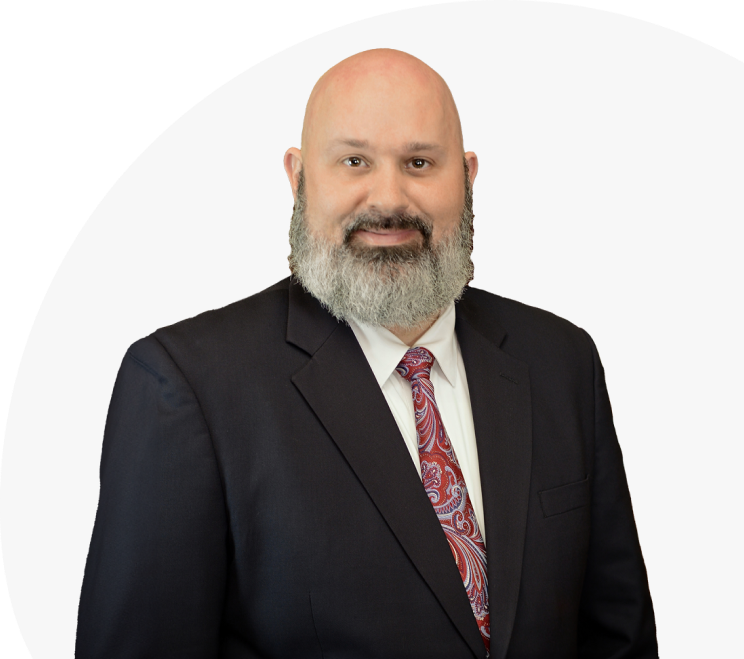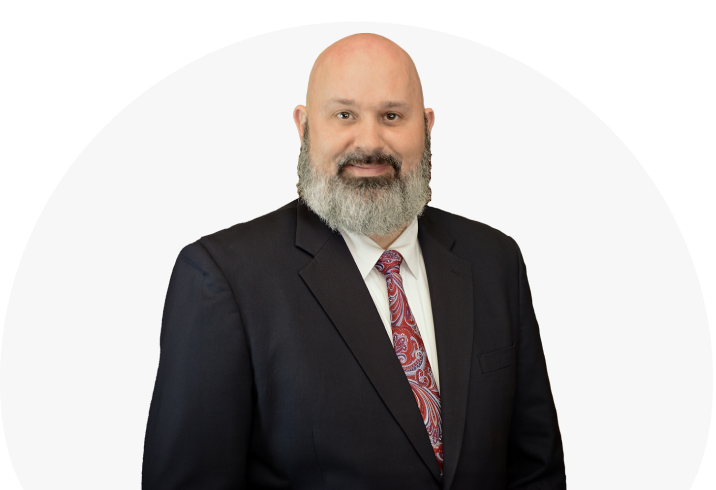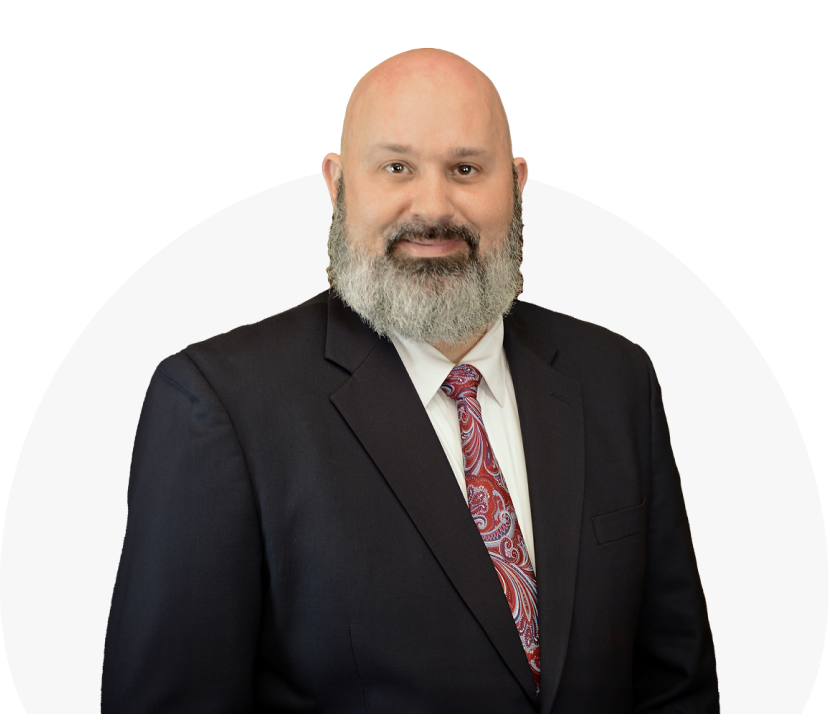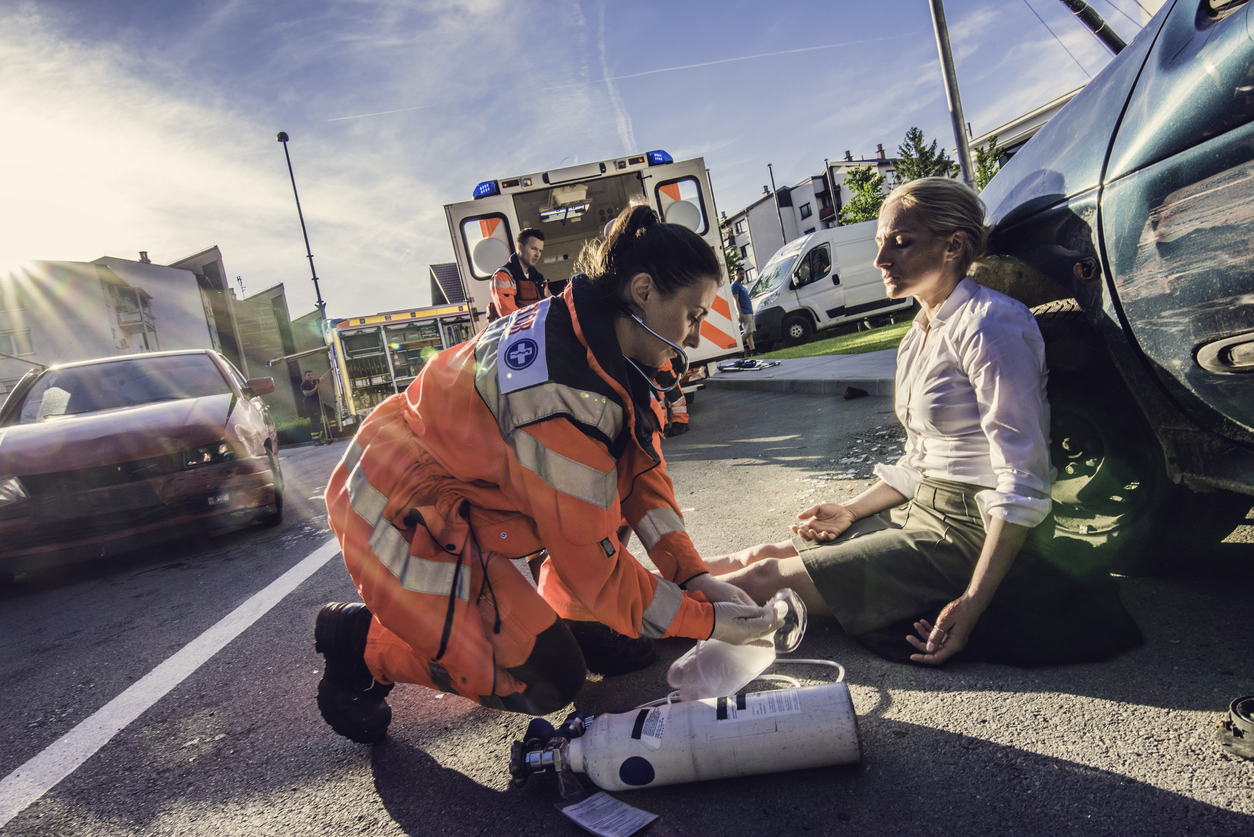Common Trucks On The Road In Florida
We seldom think about the vehicles which are operating on the roadways in Florida. With more than 14 million vehicles registered to operate on Florida roadways, and countless snowbirds and trucks driving around, a staggering number of vehicles travels our state. What is concerning about most of the commercial vehicles on the road is the danger of the potential of truck accidents occurring. While trucks are operated by drivers with a commercial license, which typically means the drivers are well-trained, this does not always prevent accidents. Pickup trucks, SUVs, and larger trucks are on the roadways whether we like them or not.
Common Trucks Seen on Florida Roadways
While most consumers understand we depend on trucks to stock stores so there is merchandise when we go shopping, 18-wheelers are only one type of truck we see on Florida roadways. Here’s what you can expect to see on any given day on the road:
- Garbage and dump trucks – Every residential area has a garbage truck pass through at least one day per week. Dump trucks can either be hauling debris or hauling materials for construction projects including road construction. Like any truck on the road, these vehicles have blind spots which can result in accidents with other vehicles, or injury to pedestrians.
- Tractor trailers – In addition to seeing tractor trailers hauling goods on the major highways, you will also see them in areas where there are industrial parks, shopping centers, or stand-alone grocery stores. Thanks to their size, these trucks are also plagued with blind spot problems and in many cases, drivers are in a rush to get their load delivered on time, which could result in accidents.
- Delivery trucks – UPS, FedEx, and Amazon are a few of the types of carriers we see on the road in Florida. We see these trucks all year long, but we also see more of them during holiday periods. With more sales than ever taking place online, it is sensible to expect to see more of these types of trucks on the road over time. The size of these vehicles ranges from a standard van to larger panel trucks which pose several safety issues to other drivers on the road.
- Tow trucks in Florida – Between January and September 2019, there were more than 400,000 roadway accidents on Florida roadways. Therefore, it should come as no surprise that tow trucks are a common sight on the road. There are different types of tow trucks and each of them has safety features which can fail, and the result is often drivers in other vehicles are injured as a result of an accident.
- Tanker trucks in Florida – Tanker trucks are more common than one may think. In addition to carrying liquids like milk and potable water, tanker trucks also carry more dangerous materials like liquid nitrogen, oil, and gasoline. Poorly loaded tanker trucks can tip over and the resulting accident can mean hazardous materials are spilled in the roadway, multiple vehicles are caught up in the aftermath of the rollover, and those who are in cars or smaller vehicles can be seriously injured due to fires or explosions.
Truck Roadway Safety Measures
In 2016, there were more than 525,000 commercial driver’s licenses issued in Florida. Because of safety concerns, commercial drivers are held to a higher standard than a traditional driver’s license holder. There are both state and federal rules which pertain to drivers of commercial vehicles including the amount of time they can drive without rest periods.
There are also endorsements which are required by the Florida Department of Highway Safety and Motor Vehicles for certain commercial drivers. These include:
- Double trailer endorsement – Florida does not allow triple trailers on the roadway, but they do allow double trailers. Florida commercial drivers who intend to operate a double trailer must pass a written test before getting this endorsement.
- Tank vehicle endorsement – any licensed commercial driver in Florida who intends to operate a tanker truck of any type is required to obtain an “N” endorsement by passing a written exam.
- Placard hazmat – known as an “H” endorsement, the driver will have to pass a written test before they will be allowed to transport hazardous materials.
- Hazmat/tank vehicles – operators who intend to transport hazardous materials via tanker truck must have qualified for both the “H” and “N” endorsements in Florida.
Exception for hazmat endorsements, Florida offers reciprocity for commercial drivers from out of state and from Canada who have commercial driver’s licenses.
Reasons Truck Accidents Happen
There are numerous reasons for an accident involving a truck and any other type of vehicle in the roadway. One common reason is blind spots — these occur when the driver fails to see another driver in a different lane, a driver is following too close behind the truck and they sideswipe a car.
Trucks are also difficult to steer under normal conditions. Therefore, wet roadways and speed can also result in a truck accident. As with any driver, truck operators can be distracted by GPS, cell phones, or other electronic devices. This can also result in an accident with other vehicles on Florida roadways. Drivers who are under the influence of a prescription or illicit drug, alcohol, or other narcotics can also be responsible for truck accidents.
There are other considerations which are unique to trucks on the roadway which can result in accidents. Drivers may not have any control over some of these factors including an overloaded vehicle which tips over, manufacturing errors, a poorly maintained truck, or they may be transporting loads which are improperly loaded. Any of these conditions can result in an accident.
An investigation conducted several years ago by the Federal Motor Carrier Safety Administration showed some causes of trucking accidents included a lack of familiarity with the roads on which a driver was operating, an unexpected interruption of the flow of traffic, and a bad assumption about what actions other drivers on the road may take under certain circumstances. There are also instances where impediments such as animals, construction cones or barriers, or other hazards in the roadway can result in an accident.
Steps to Take After a Florida Truck Accident
Victims of truck accidents are often injured too seriously to do much at the scene of the accident. Notifying emergency services and the proper law enforcement agency immediately is the first step all drivers should take after a collision.
For victims who are not seriously injured, gathering information is crucial. Information such as name, license number, and insurance information from the truck operator is a necessity. Whenever possible, the names of any witnesses, as well as their contact information, can help with developing a narrative about the scene of the accident, and the circumstances leading up to the accident.
Whenever possible, photographs are helpful. These should include photos of the vehicles involved, traffic signals where they appear, and any photos of obstructions or road conditions that may be helpful.
Remember, as a victim of an accident involving a truck, you should use caution when discussing the accident with the other driver, witnesses, or law enforcement. Any information which leads anyone to believe you are partially at fault or may have only minor injuries could cause you problems later.
Serious Injuries After a Truck Accident
After you have survived a truck accident, chances are you are going to have serious injuries that will result in your losing time from work. Even when the accident occurs at low speeds, the size of the vehicle is enough to cause significant injury. Victims often suffer internal injuries which they may be unaware of for a time after the accident. Broken bones, whiplash injuries, head and neck trauma, and in serious accidents, burn injuries, are common after a truck accident.
Recovering from these injuries takes time. Depending on how severe the injury, you may be hospitalized for an extended time while you recover. During this time, you are unable to earn wages, medical bills are piling up, and you probably feel helpless to do anything about your circumstances. Remember, this is when your insurance company is likely to attempt to get you to settle your claim. Insurance company adjusters have a simple task: to ensure claims are settled for as little as possible.
Your Insurance Company and PIP Coverage
Florida operates as a no-fault insurance state. This means every driver who is involved in an accident must file their initial claim with their own insurance company. Payment for your claim is dependent on the amount of personal injury protection (PIP) coverage you carry. While there are minimum insurance requirements, some drivers opt for higher PIP coverage to protect themselves.
When you suffer a severe injury, there is a good chance your insurance will not cover all your losses. Remember, you are entitled to collect funds for lost wages, damage to your vehicle, medical bills including pain medication, doctor visits, and rehabilitation costs. If you have suffered a severe injury, had any injury which results in permanent disability, or you have suffered an injury which results in the loss of use of a normal body function, you will have the right to file a personal injury lawsuit against the at-fault driver.
One way to make sure you are not taken advantage of by an insurance company is to contact a personal injury lawyer who can help you determine what steps you should take to protect yourself. While an insurance company may push you to accept an early settlement, in most cases, they will underestimate the amount which you may be entitled to collect.
Working With a Personal Injury Attorney Can Help
Victims of accidents involving trucks may be hesitant to contact an attorney for help. However, in most cases, if you do not contact an attorney, you could wind up recovering less in damages than you might be entitled to collect. Although you pay your insurance company to protect you in the event of an accident, remember they make money by collecting premiums and paying as little as possible in claims. Insurers have a vested interest in your acceptance of a lower settlement.
A personal injury lawyer can help you negotiate a reasonable settlement with an insurance company and help protect your rights. One of the issues which must be dealt with immediately after an accident is establishing fault. The other driver’s insurer has a vested interest in showing you were at least partially at fault for the accident—this is why it is important that you not discuss the accident in terms of what you might have done to prevent the crash from occurring in the first place.
Establishing fault is more complicated when an accident involves a truck. This is because there could be fault placed on someone other than the driver. For example, if the accident was caused by an uneven load, the company who was responsible for loading the truck could be held liable. In cases where a driver was drowsy or otherwise distracted, their employer may be held partially responsible for the accident because this is a violation of federal statutes governing the length of time a driver may operate between rest breaks.
Other responsible parties could be the manufacturer of the vehicle, the company responsible for maintaining the vehicle, or a municipality in the event there were road hazards which were left unaddressed.
Therefore, victims require immediate legal assistance after a truck accident. An experienced truck accident lawyer can review the accident reports, talk to witnesses, and conduct a thorough investigation into the truck accident to hold the responsible parties accountable.
If you were in a truck accident on Florida roadways, or you have lost a loved one in a truck accident, you should understand what rights you have under Florida law. An Orlando truck accident lawyer can explain your rights, help you determine the cause of the accident, negotiate with insurance company adjusters, and if needed, file a personal injury lawsuit against the responsible parties and represent your interests in court.


